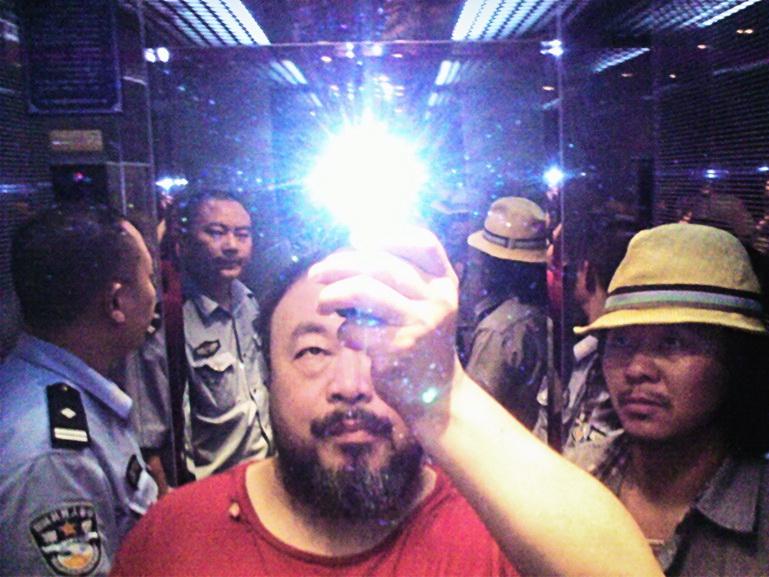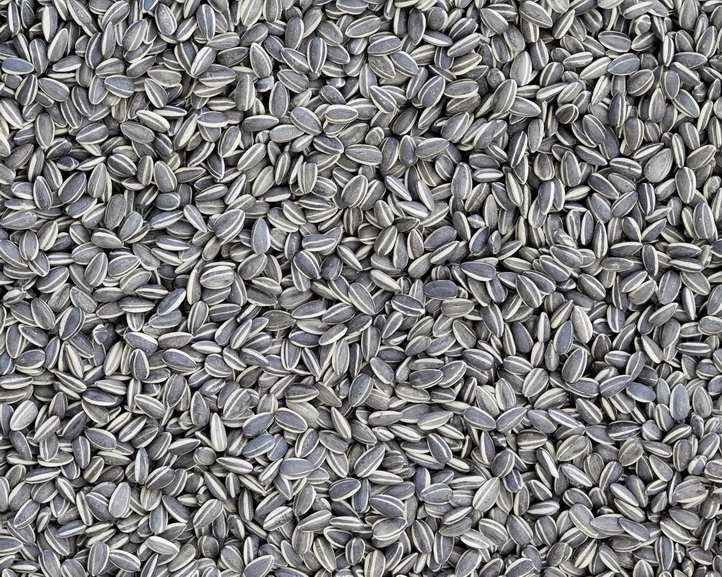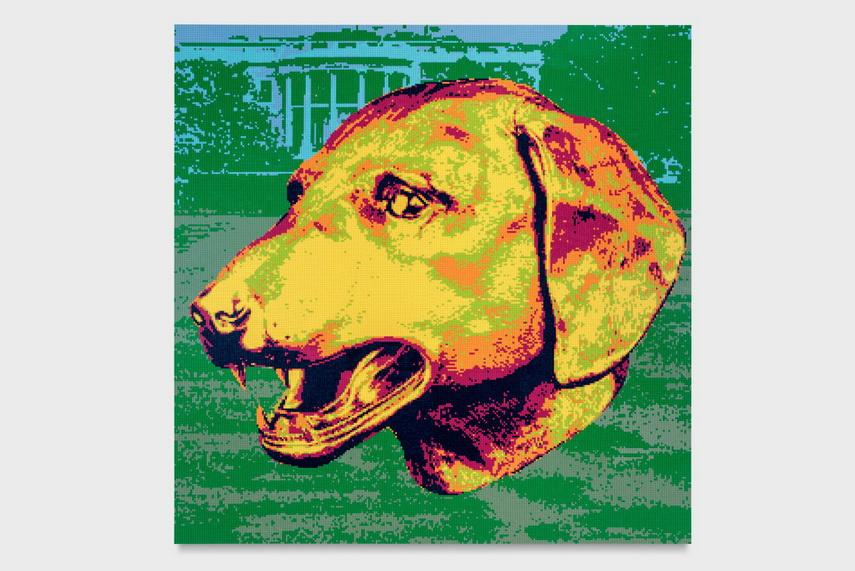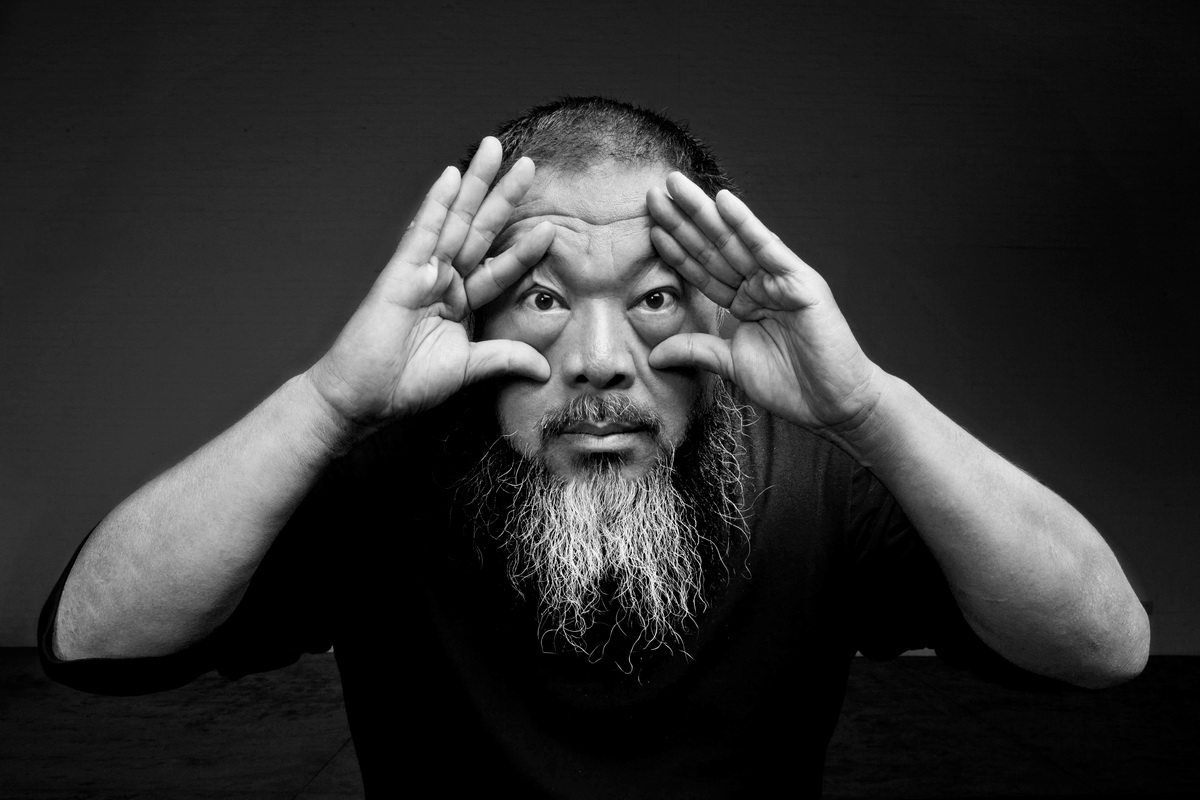[ad_1]
There are various distinguished contemporary artists focused on political issues, but the one whose practice has been widely discussed on the international scale surely is Ai Weiwei. This figure is constantly attempting to move the boundaries of what is often categorized as political art by employing various media in a performative manner.
The current exhibition at the Kunstsammlung Nordrhein-Westfalen examines Weiwei’s practice in the past ten years and is very much inspired by the artist’s maxima Everything is art. Everything is politics. The installment includes large-scale installations which span throughout both museum wings known as the K20 and the K21.

Celebrating Ten Years of WeiWei’s Practice
This exhibition is organized by the team consisting of the museum’s director Susanne Gaensheimer, and curators Doris Krystof and Falk Wolf. It tends to interpret central themes present in Ai Weiwei’s practice since the early 1980s until the present day with a special focus on the tension between individuality and the state, as well as the refugee crisis. Gaensheimer stated the following:
With his criticisms of the Chinese government, and as a dissident who has faced continuing persecution, Ai Weiwei is often regarded as a political artist-activist –one who has been preoccupied in recent works with mass migration as an instance of human crisis. Susanne Gaensheimer, Director of the Kunstsammlung Nordrhein-Westfalen.

The Works
In the space of K21, the monumental work Life Cycle produced last year is on display for the first time in Europe. It is a bamboo and sisal twine sculpture made as a replica of an inflatable boat often used by migrants crossing the Mediterranean aimed to function both as a metaphor of the human crisis, and the cycle of human life.
The installation Laundromat from 2016 functions similarly and is made of the items left behind by the migrants who were again displaced after the Greek refugee camp at Idomeni was closed the same year, while the rest of K21 rooms are furnished with Ai Weiwei’s career early works and various documents which nicely illustrated his artistic development since the 1980s.
In K20, two large scale installations are juxtapozed for the first time – Straight (2008 –2012) and Sunflower Seeds (2010). The first one consists of one hundred sixty-four tons of steel rebar gathered from the rubble of a school building which collapsed during the devastating earthquake in the Chinese region of Sichuan in 2008 when thousands of schoolchildren lost their lives. The second installation covers nearly 650 square meters and consists of one hundred million porcelain “sunflower seeds”. These miniature sculptures were produced by skilled craftsman in the Chinese city of Jingdezhen in imitation of the ubiquitous seed, and with this work Ai Weiwei explores the status of traditional craftsmanship in the age of sprawling consumerism and global market.

Ai Weiwei at Kunstsammlung Nordrhein-Westfalen
Although the descriptions of these works are brief, it is obvious that Ai Weiwei is more than just an artist; he is as a person who perceives art as a tool for socio-political intervention, someone who firmly believes in the emancipatory role of art similarly like his predecessor Joseph Beuys did.
The exhibition will be accompanied by the extensive publication with essays written by Rembert Hüser, Doris Krystof, Friederike Sigler, Linda Walther, Falk Wolf and an interview with Hans Ulrich Obrist.
Ai Weiwei will be on display at Kunstsammlung Nordrhein-Westfalen in Düsseldorf, Germany until 1 September 2019.
Featured images: Ai Weiwei portrait, 2012 © Ai Weiwei Studio. Photo © Kunstsammlung NRW; Laundromat, 2016. Installation view at Jeffrey Deitch, New York, 2016. Courtesy of Ai Weiwei Studio; Study of Perspective, 1995-2011, Tiananmen Square, Beijing, 1997. All images courtesy Kunstsammlung Nordrhein-Westfalen.
[ad_2]
Source link

